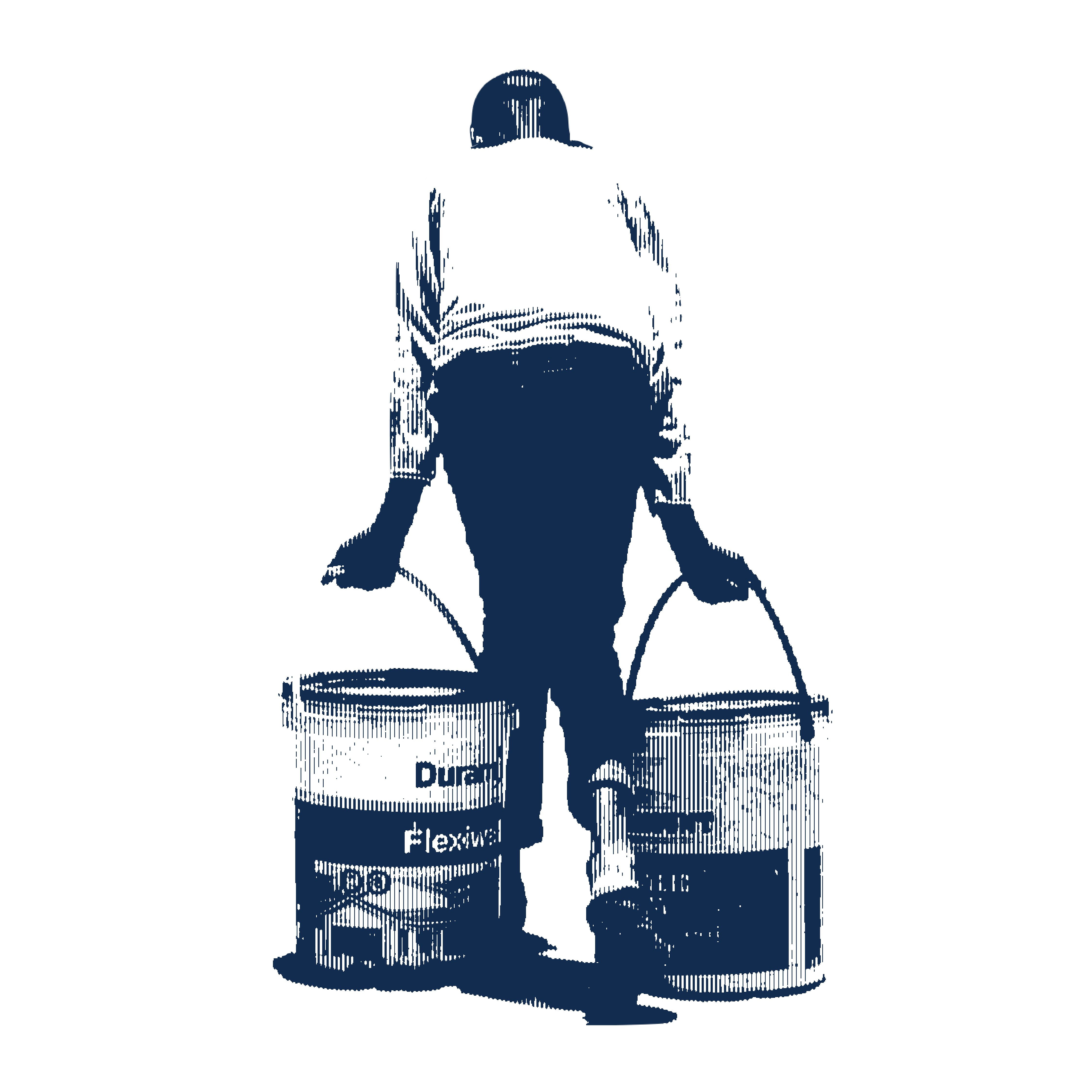
This article is from a student at Tenzer Learning Center in New York, NY. Tenzer participated in a series of visits with Pulitzer Center journalists leading up the High School News Literacy Summit at Baruch College in Manhattan.
"It's disgusting," says my grandmother, Qihao Zhang. She lives near a river in Taishan City, Guangdong Province in China. "When I was a kid," she continues, "the water was so clean that you could swim, drink, or catch fish. Now it's so dirty that almost nothing is alive. The water of this river is totally polluted and people don't have enough water to drink."
In the early 20th century, because the government wanted to develop this place, it permitted business people to build factories near the river. But the business people wanted to diminish costs, so they dumped liquid waste into the water. The water died in the pollution.
Before the pollution, people were drinking the water from the river. But after that, they were afraid to touch the water because they thought the dirty water might give them hypersensitivity, or even kill them. So they didn't have enough water to drink. The Shenzhen Daily newspaper on 06/22/2001 said, "For a time, 22.6 million rural residents and 14.5 million livestock were temporarily without adequate drinking water supply."
After that, the government recognized that this was a serious problem that needed to be solved as soon as possible. So the government spent millions of dollars to build a wastewater processing station to help the people. Part of the pollution problem was solved, but it is still not perfect clean today.
Finally, I asked my grandmother who is 70 years old if she ever thought she would see the water become clean again. "No," she said, "I never thought it would happen. People throw garbage in the river. They just don't care because they think they can use the water from the main system, but the government thinks it can still influence the people and environment." I asked her if she thinks there is a public value to sharing or announcing the information. She said, "Yes, it's important to follow a story or event over time to be able to trust the information."
sources: http://polf.sznews.com/szdaily/2001/06/22/9htm




